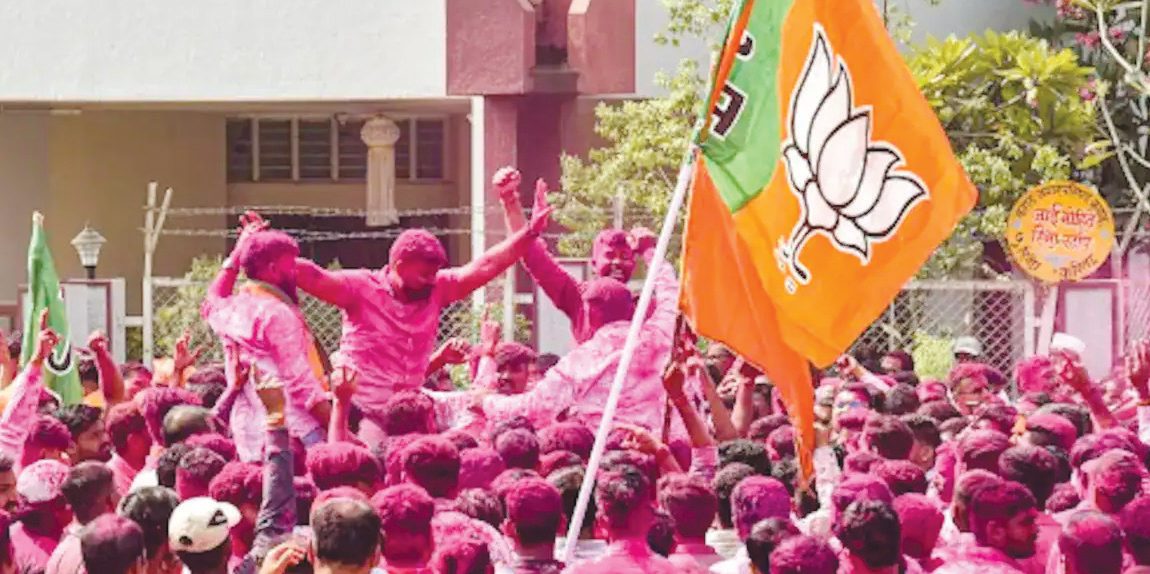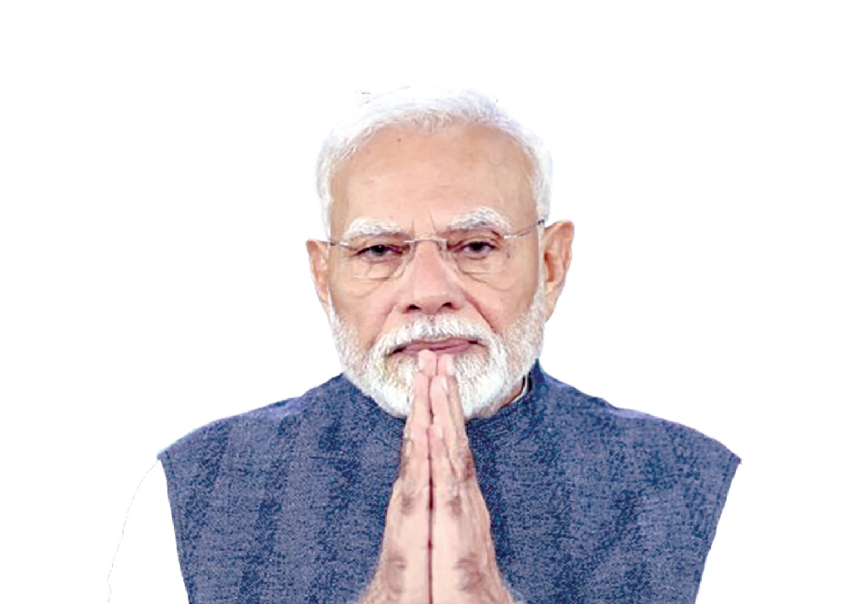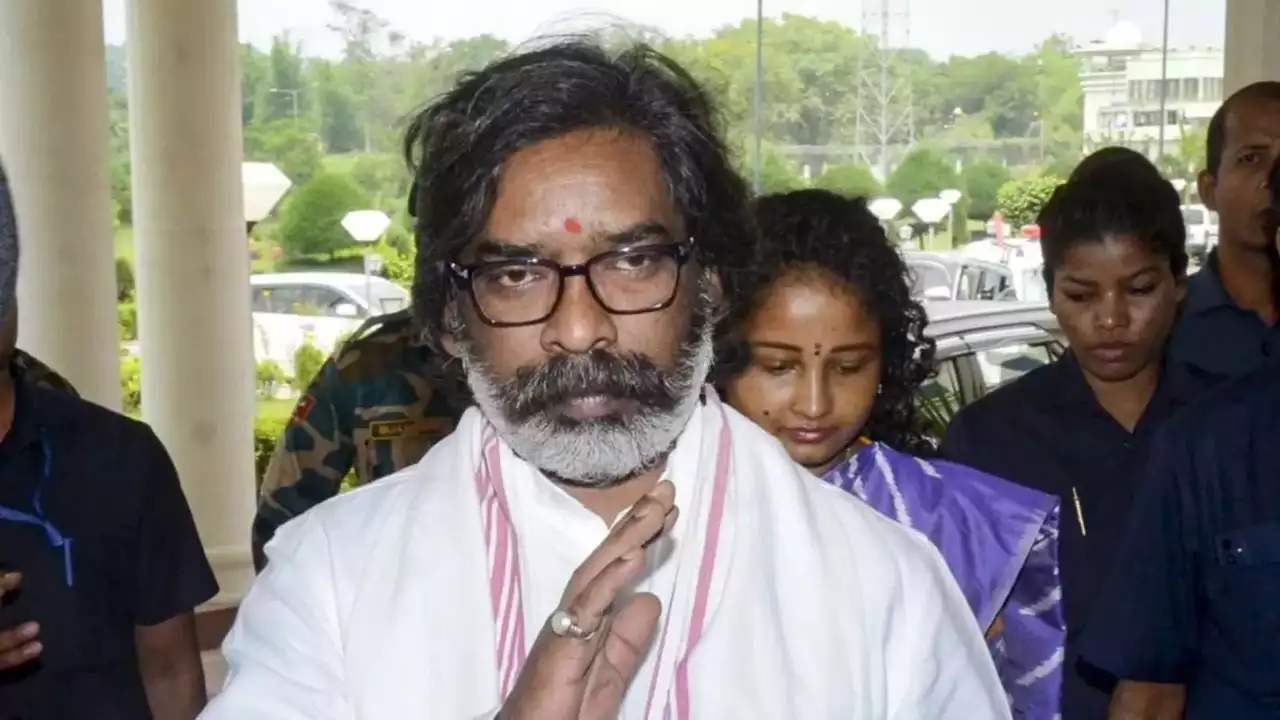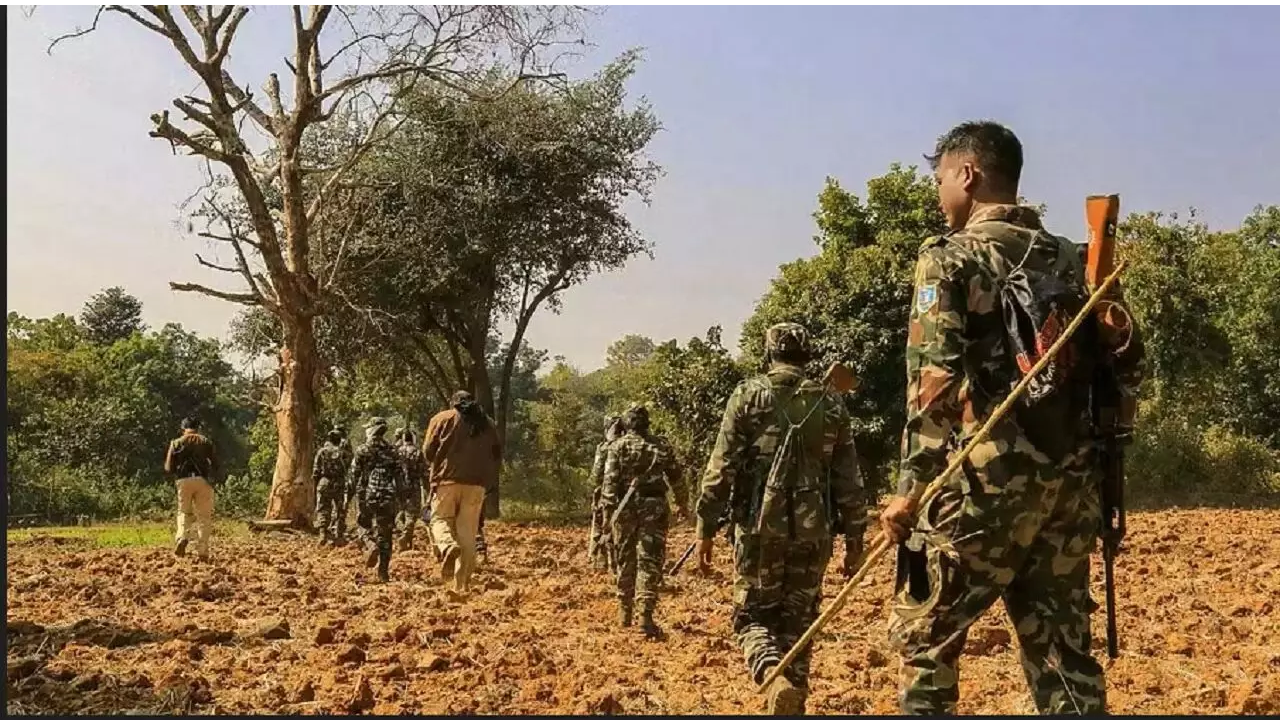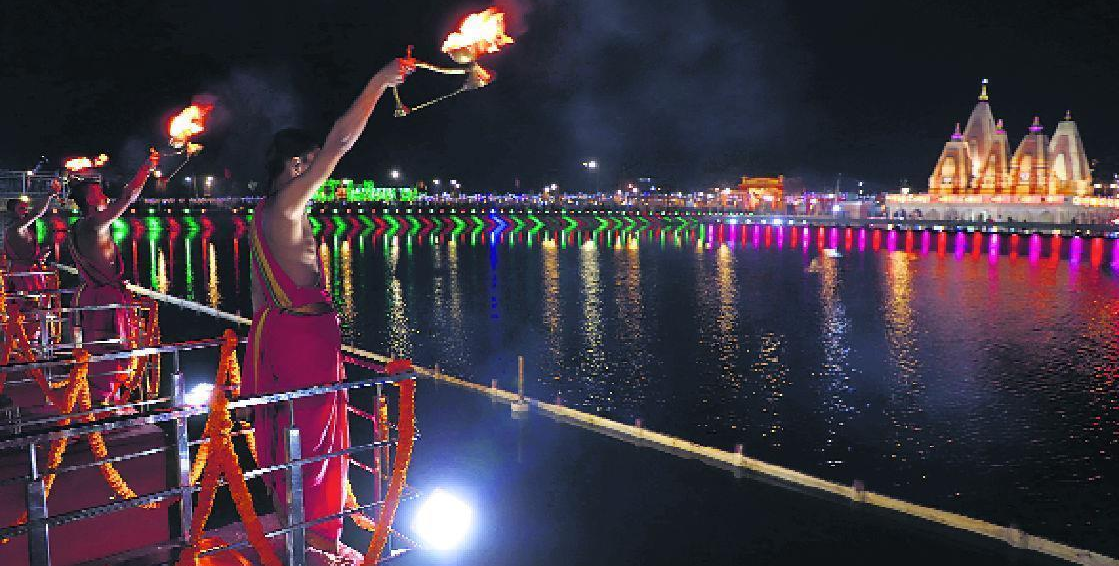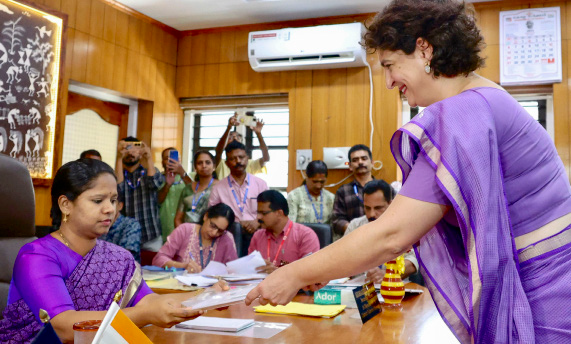
The dangers of overconfidence & complacency in Congress
The challenge for Opposition is to confront not only the BJP but also its own shortcomings
Sayantan Ghosh, FPJ Mumbai
In the recently concluded Haryana Assembly elections, the Congress party’s defeat once again highlighted internal divisions, poor strategic choices, and complacency in the Opposition ranks. Despite the optimism surrounding their campaign, the Congress failed to capitalise on the political momentum they gained after performing relatively well in the 2024 Lok Sabha elections, where they and other Opposition parties managed to stop the Bharatiya Janata Party from securing a majority on its own. However, the lessons learned from the national elections did not seem to translate into their performance in Haryana. One of the primary reasons for the Congress’s defeat is the lack of unity within its ranks.
Infighting, particularly between two of its senior leaders, Bhupinder Singh Hooda and Kumari Selja, over who should lead the party, sent a damaging message to voters. Hooda, who had significant influence over candidate selection and alliances, was unable to deliver results, with internal rifts becoming too prominent to ignore. This discord weakened the Congress’s credibility and ability to present itself as a cohesive force, leaving voters with the impression of a party that was more concerned with internal battles than the concerns of the electorate. Moreover, the Congress’s failure to forge alliances with other Opposition parties, such as the Aam Aadmi Party (AAP), was another misstep that worked in the BJP’s favour. Haryana, like many states, sees regional parties playing a crucial role in determining electoral outcomes. The Indian National Lok Dal (INLD) and Jannayak Janata Party (JJP) still command influence in certain pockets, especially among rural and caste-driven constituencies.
This fragmented Opposition vote allowed the BJP to consolidate its position, despite facing its own challenges with anti-incumbency. The BJP, on the other hand, demonstrated its strategic prowess by capitalising on the Congress’s weaknesses. The ruling party continues to benefit from the strong leadership of Prime Minister Narendra Modi and Home Minister Amit Shah, both of whom enjoy widespread appeal in Haryana. Their ability to project stability and development- focused governance has resonated with large segments of the electorate, even as the Congress failed to present a convincing alternative. Additionally, while the Congress banked on anti-incumbency sentiment to carry them through, they neglected to address the importance of local issues and regional dynamics. The BJP’s effective campaign machinery, coupled with its ability to connect with voters at the grassroots level, outmanoeuvred the Congress on key policy fronts.
By focusing on development, law and order, and economic growth, the BJP positioned itself as the party of governance, in contrast to the Congress’s portrayal as a party stuck in its own internal struggles. However, one cannot dismiss the underlying factor of complacency that appears to have crept into Congress’s approach. Despite some success in the 2024 Lok Sabha elections, where the Opposition managed to challenge the BJP, this overconfidence did not translate into an adequate groundlevel strategy in Haryana.
The Congress appeared to assume that the anti-incumbency factor alone would be sufficient to unseat the BJP but without a coherent, unified front and a strong local leadership, they were unable to channel this discontent into votes. Looking forward, the Congress must confront its organisational shortcomings if it hopes to present a serious challenge to the BJP in future elections. The party must acknowledge that alliances, particularly in states where regional parties have considerable influence, are essential for success.
Failure to consolidate Opposition votes will only continue to fragment the anti-BJP sentiment, leaving the ruling party in a stronger position. Moreover, leadership clarity and internal cohesion will be critical for Congress’s resurgence. Without a unified leadership, the party risks alienating its voter base, which is already disillusioned by repeated displays of internal strife. The Haryana elections should serve as a wake-up call, not just for ConWOpposition, to take its role as a counterbalance to the BJP seriously. In a broader context, the defeat in Haryana is a microcosm of the challenges facing Opposition politics in India. While the BJP’s dominance has been met with growing criticism, the Opposition has yet to present a coherent and united front capable of challenging the ruling party on a national scale. The recent success of Opposition parties in the Lok Sabha elections showed that there is space for Opposition politics, but without strategic foresight and unity, this space will remain underutilised.
If Opposition parties hope to challenge the BJP’s hegemony effectively, they must embrace collaboration, both within their own ranks and with other parties. The lessons from Haryana underscore the need for alliances, grassroots campaigning, and a clear vision that goes beyond merely riding the wave of anti-incumbency. Without these elements, the Opposition will continue to struggle, and the BJP will retain its dominant position in Indian politics. As Haryana’s election results indicate, the BJP remains a formidable force, bolstered by strong leadership, effective campaigning, and a divided Opposition.
If Congress and other Opposition parties do not address their internal issues and build strong coalitions, the BJP’s political momentum will continue into future elections. The challenge for the Opposition is to confront not only the BJP but also its own shortcomings.
 English daily published in Bengaluru & Doha
English daily published in Bengaluru & Doha

